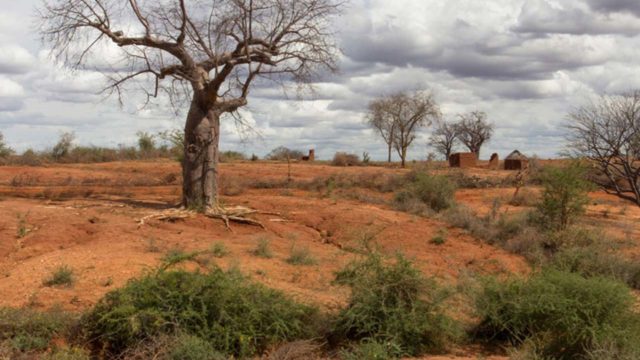The World Wildlife Fund for Nature and the International Support Network for African Development (ISNAD-Africa) has raised concerns over the alarming rate of nature’s degradation due to unsustainable approaches to anthropogenic activities, stressing that Nigeria and other African nations were losing as much as $3.8 billion to erosion, pollution and other environmental and health-threatening issues.
In a policy document released yesterday to mark the International Youth Day in Abuja, the stakeholders said endangered species have been growing rapidly, while the level of ecosystem degradation over the past two decades had increased dramatically.
They feared that the unsavoury challenges might lead to the extinction of over one million plants and animal species globally.
With minimal contribution and focus on the youth in policy formulation and decision-making process in countries like Nigeria, Executive Director, ISNAD-Africa, said projected gains of the United Nations Convention for Biological Diversity, especially the Strategic Plan for Biodiversity (2011-2030), could remain a mirage.
Regretting the over $4 trillion loss in the tourism sector for 2020 and 2021 and the over $125 billion spent by the World Bank to combat the health, economic and social impacts of the COVID-19 pandemic, Adeleke noted that the roles of the youth in addressing some of the challenges faced by nature could be a game changer.
The experts regretted that the lack of recognition through meaningful climate and environmental education for youths was limiting their capacity to acquire knowledge and skills required for active and effective participation and contribution to policies and decision-making process at the international, national and sub-national levels.
For effect, the stakeholders stressed effective youth engagement in the implementation of the United Nations biodiversity framework.
The policy brief equally sought strategies for resource mobilisation premised on intergenerational equity, as well as ensuring adequate allocation to capacity building and empowerment of young people and youth-led organisations.
Adeleke said improvement in the availability, accessibility and dissemination of information with special attention on the youth at all levels besides initiatives on intergenerational knowledge, language learning and transmission, especially by indigenous people and local communities, remained sacrosanct.

